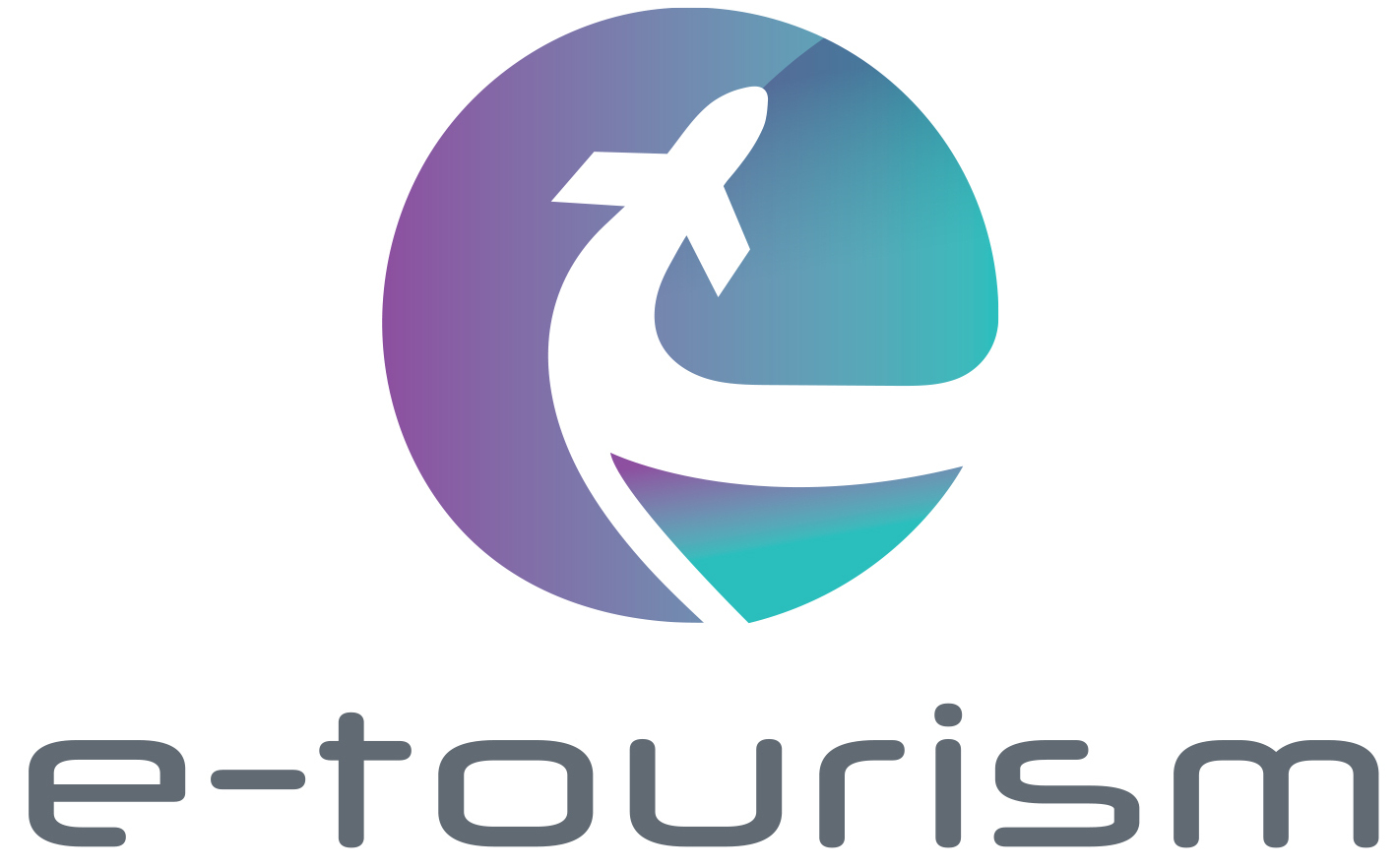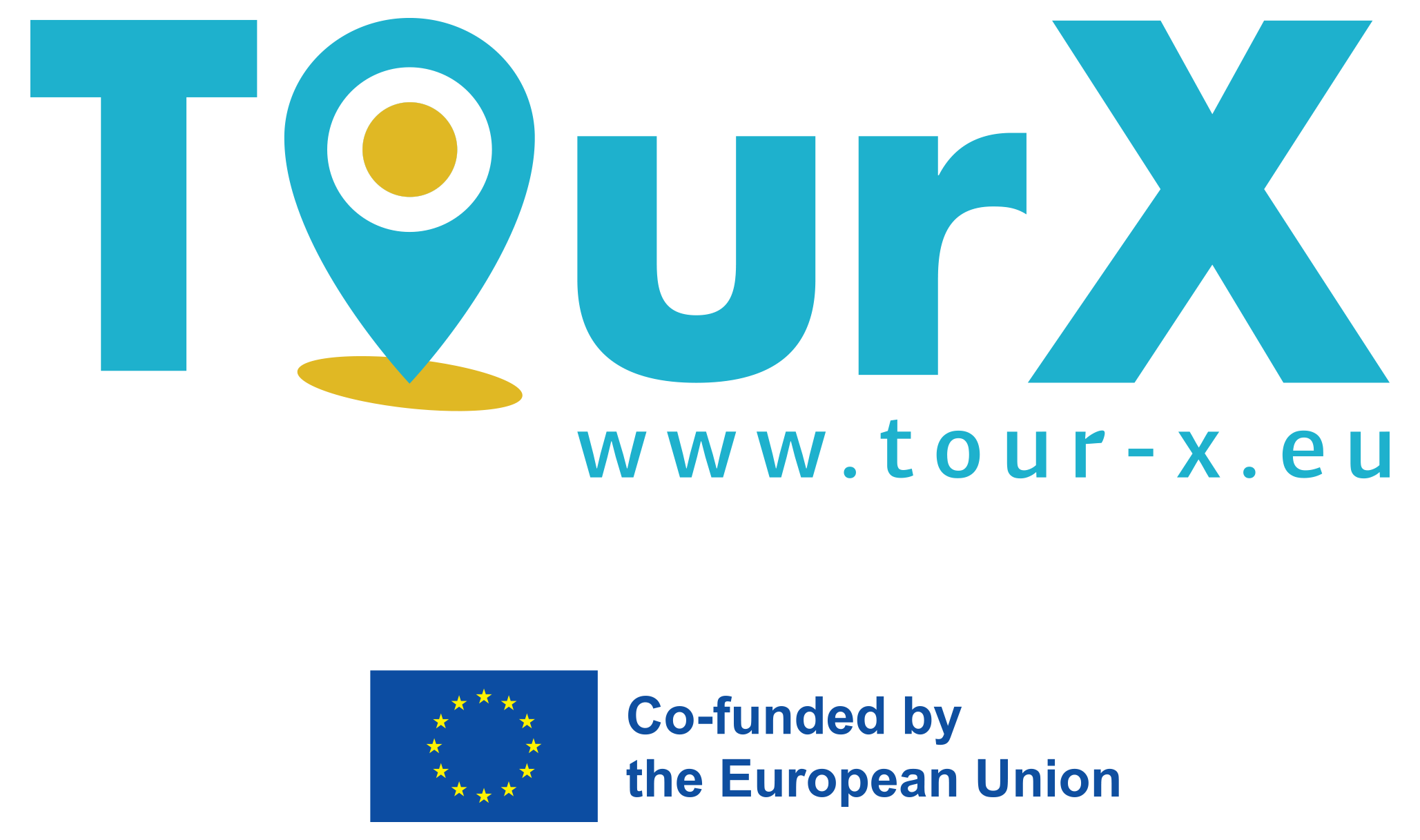
Our aim is to describe how EU policies in the field of education have evolved over the past 20 years. We focus on the main phases of policy development, the Bologna process to establish the European area of higher education and the Copenhagen process to enhance European cooperation in vocational education and training.
Course Language: English
Content Source: This course based on an in TourX published document by: Anna Margarita, Senior Researcher, St Skills Together, December 2022

Authors: Manuel
Au-Yong Oliveira; Mastoure Bampoori - University of Aveiro 2024
Course language: Englisch/Deutsch
Course description:
Quality assessment in vocational education and training is designed to ensure that learners receive high quality training that meets the needs of the market. The employability and career prospects of individuals are enhanced, and the maintenance of rigorous quality standards and continuous improvement of VET programmes contribute to the overall growth of the trained workforce.
The course provides some valuable resources, templates and illustrations for quality assessment in VET.
You will also find guidance and advice on quality assessment for VET programme providers.
- Teacher: Roger Heinzel

Who is the course for? Project managers in Erasmus+ projects, training managers and quality managers in vocational schools, vocational school teachers, trainers.
Available languages: English, German, Italian
Course
structure: This course provides an overview of the following issues:
- The European dimension of centers of excellence in vocational education and training (COVEs)
- The European Training Foundation (ETF)
- Quality assurance in ETF vocational training with ISATCOV
Learning
Outcomes: The course provides an overview of the objectives of quality
assessment of vocational education centers of excellence and the provision of
new tools for self-assessment.
Course duration: the online course includes 3 modules ( approx. 20 min. completion time) plus assessment activities. Learners can add a range of additional learning materials (e.g.: links and online resources) to their learning path to further explore the course content independently.
Learning times: flexible
Technical requirements: Internet-enabled end devices such as: PC, laptop and smartphone with internet access; valid e-mail address.

The ISATCOV project will develop an international quality and development tool for the self-assessment of VET providers professional excellence.
The ISATCOV project is part of the EU strategy to make CoVEs a driver for the development of vocational excellence in terms of innovation, collaboration and improving the attractiveness and relevance of VET.
Who is the course for? Project managers in Erasmus+ projects, training managers and quality managers in vocational schools, vocational school teachers, trainers.
Available languages: English, German, Italian
Course structure: This course provides an overview of the following issues:
- The ISATCOV project
- Criteria for teaching and learning
- Criteria for Partnership and Coordination
- Criteria for Governance and Funding
- Evidence indicators for assessing the criteria
Learning Outcomes: The course provides an overview of the criteria and indicators of quality assessment of vocational education centers of excellence based on the ETF's ISATCOV recommendations.
Course duration: the online course includes 5 modules (approx. 20 min. completion time) plus assessment activities. Learners can add a range of additional learning materials (e.g.: links and online resources) to their learning path to further explore the course content independently.
Learning times: flexible
Technical requirements: Internet-enabled end devices such as: PC, laptop and
smartphone with internet access; valid e-mail address.









